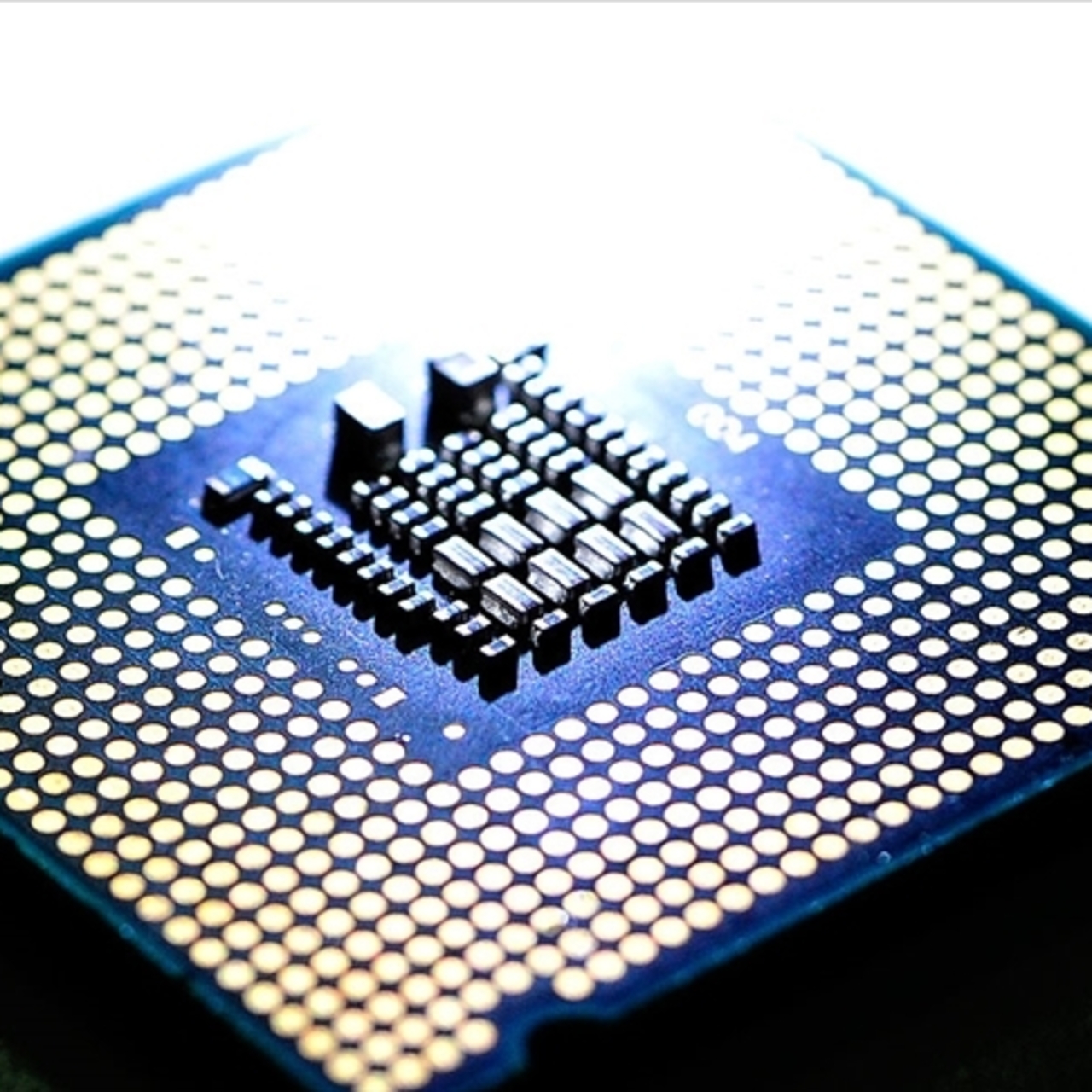In the statement made by the Chinese Ministry of Commerce, it was stated that the investigation would disrupt the functioning of global industry and supply chains and harm the interests of US businesses and consumers.
The statement challenged the claim that the US is trying to dominate the global market by strengthening China’s domestic industry with state support, and pointed out that the Washington administration also provides significant subsidies to its own domestic chip industry with regulations such as the Chip and Science Act.
In the statement, it was reminded that US chip manufacturers hold approximately 50 percent of the global market, and China’s chip exports to the US are much less than US exports to China.
In the statement, it was called on the USA to respect the facts and multilateral trade rules and to immediately end its wrong practices, and it was noted that China will closely monitor the investigation and will resolutely take all necessary measures to protect its rights and interests.
USA ANNOUNCED THAT AN INVESTIGATION WILL BE STARTED
In the statement made by the US Trade Representative (USTR), it was announced that an investigation was launched into China’s actions, policies and practices aimed at dominating the semiconductor industry.
In the statement, which stated that China was trying to dominate the local and global markets in the semiconductor industry, it was claimed that the country used extensive anti-competitive and non-market methods to ensure localization and self-sufficiency.
The statement pointed out that China’s actions, policies and practices have harmful effects on the United States and other economies, and noted that they weaken the United States’ competitiveness, supply chains and economic security.
The investigation, which will be initiated under Section 301 of the US Trade Act, will initially focus on China’s production of legacy semiconductors, including those used as components in sub-products for critical sectors such as defense, automotive, medical devices, aerospace, telecommunications, electricity generation and the power grid. In the reported statement, it was also stated that actions, policies and practices regarding the production of silicon carbide substrates will be examined.
Section 301 of the U.S. Trade Act of 1974 authorizes the President of the United States to take appropriate tariff-based and non-tariff-based actions, including retaliation, to counteract the effects of any act, policy, or practice of a foreign government that violates an international law.

